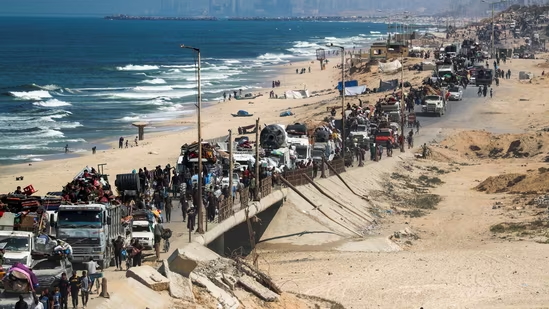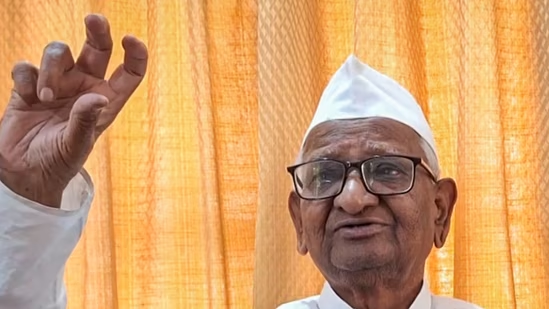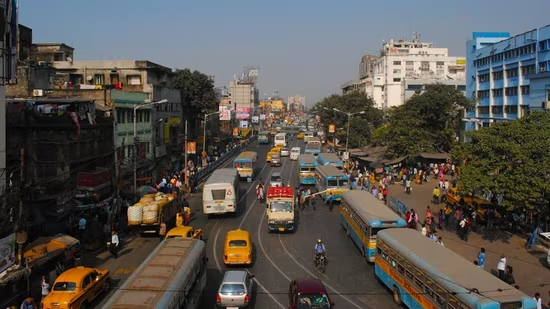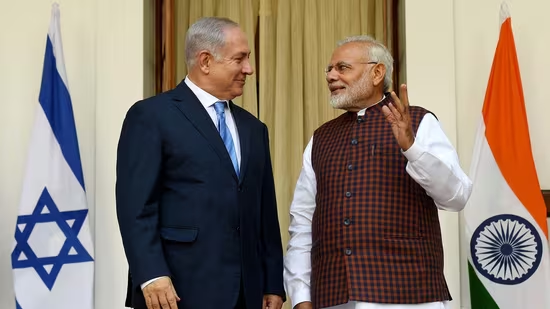Israel on Wednesday announced the opening of a new evacuation route out of Gaza City, offering civilians in the region a 48-hour window to flee as it plans to intensify efforts to root out Hamas fighters.
The newly accessible Salahudin Road, marked by Israel as a “safe corridor,” is Israel’s latest attempt to urge civilians to leave the war-torn region.
Leaflets dropped over Gaza urged residents to evacuate by Friday noon, following the yellow-marked routes and instructions from Israeli forces.
“Movement must only take place via the streets marked in yellow on the map,” read the leaflets, warning civilians to head south immediately.
The Israeli military says it expects around 100,000 civilians to remain in the city and warned that the coming months of urban combat will be prolonged and intense unless a ceasefire is reached.
Thousands hesitate to leave despite worsening conditions
However, hundreds of thousands of people are sheltering in the city, and many are reluctant to follow Israel’s orders to move south because of the dangers along the way, dire conditions, a lack of food in the southern area, and fear of permanent displacement.
“Even if we want to leave Gaza City, is there any guarantee we would be able to come back? Will the war ever end? That’s why I prefer to die here, in Sabra, my neighbourhood,” Ahmed, a school teacher, said by phone.
The United Nations and numerous humanitarian organisations have condemned the evacuation orders, calling them forcible population transfers and warning of violations of international law.
On Wednesday alone, at least 30 Palestinians were killed in fresh Israeli airstrikes, with 19 of those deaths reported in Gaza City, according to local health authorities.
Ceasefire prospects dim
A day after formally launching a ground operation to seize control of Gaza’s main urban hub, Israeli forces have advanced cautiously into the city’s western and central zones.
An Israeli official said military operations were focused on getting civilians to head south and that fighting would intensify over the next month or two.
The prospects of a ceasefire appear remote after Israel attacked Hamas political leaders in Doha last week, infuriating Qatar, a co-mediator in ceasefire talks.
Visiting Doha on Tuesday, US Secretary of State Marco Rubio warned that there is “a very short window of time” left to reach a truce before Israel’s full-force campaign in Gaza becomes irreversible.
Defying global criticism of the attack, including a rebuke by Israel’s stalwart ally, the United States, Prime Minister Benjamin Netanyahu has said Israel will strike Hamas leaders anywhere.
This week, a UN Commission of Inquiry concluded that Israel’s actions in Gaza amount to genocide, an accusation Israel strongly rejected as “scandalous” and “fake.”





























